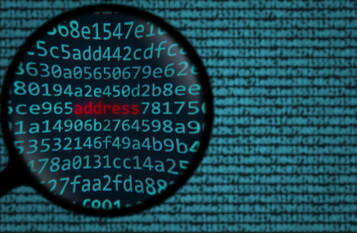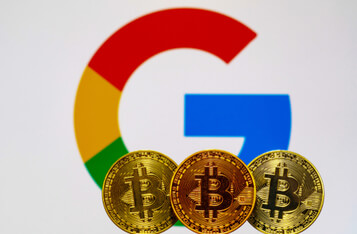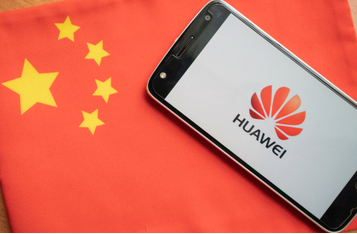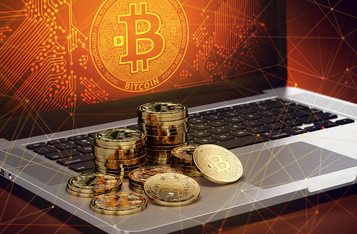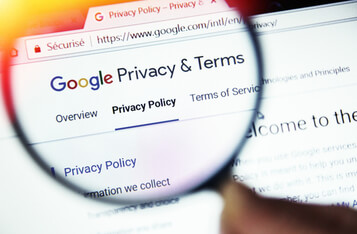Search Results for "kroll data leak"
Zcash Bug Could Leak Full Nodes with Shielded IP Addresses
Duke Leto, a core developer at Komodo (KMD), recently published a blog on his personal website revealing that, “A bug has existed for all shielded address since the inception of Zcash and Zcash Protocol.” Leto explained, “That is, Alice giving Bob a zaddr to be paid, could actually allow Bob to discover Alice’s IP address. This is drastically against the design of Zcash Protocol.”
Indonesia’s Chronic Crop Data Problem Solved by Blockchain
Indonesia has been a victim of unreliable crop data, and this has hindered the optimality of its agricultural sector. This nation has been grappling with the lack of accurate data when it comes to issues, such as crop output. HARA, a Jakarta-based startup, seeks to address this challenge by deploying blockchain technology.
Blockchain Solution in Healthcare: Google Secretly Collects Health Data From U.S Patients
Blockchain provides a fourth model that can enable secure sharing of lifetime health data across providers and business partners. The use of blockchain is a potential solution to the case associating Google to have reportedly collected medical data from U.S patients in secret.
Top Banks in South Korea Select CenterPrime And Chainlink To Bring FX Rates Data to DeFi
Top banks in South Korea have selected Chainlink and CenterPrime to bring a blockchain-enabled decentralized finance solution for foreign exchange rates.
Blockchain Can Make Patients Profit From Personal Health Data
Jim Nasr, a healthtech expert who is the Vice President of Technology and Innovation at Certara, has forecasted that blockchain could assist patients own, share, and monetize their own health data.
Huawei and Beijing Municipal Government Develop Blockchain-Based Data Directory System
Telecoms giant Huawei has joined hands with the Beijing Municipal Government to create a blockchain-powered directory system. It is aimed at addressing the headache of weak applications, scattered coordination, and data sharing in various departments.
Algorand's Blockchain Based COVID-19 Global Survey Shares Real-Time Public Pandemic Data
Algorand, the first pure proof-of-stake (POS) blockchain created by cryptography pioneer and Turing award winner Silvio Micali, has launched a global Coronavirus (Covid-19) survey. The company published a blog post on March 27 announcing its ‘IReportCovid’ survey app. The aim of the survey is to compile a public database to share information on the spread, status, and symptoms of the COVID-19 pandemic and give updates in “real-time.”
One Million Bitcoin Held By Dark Web Marketplaces and Cybercriminals, Chainalysis Data
Data from Chainalysis reveals that almost one million Bitcoin is circulating on the dark web between bad actors and illicit darknet markets.
University of Utah Paid Out $450k to Ransomware Gang to Prevent Student Data Leak
The University of Utah paid a hefty sum of $457,059.24 to a ransomware gang to prevent compromised student data from being leaked online.
Google Privacy Lawsuit: Google Chrome Incognito Records and Shares Private User Data
Google is being sued in a class-action lawsuit, filed on June 2, for the invasion of privacy and sharing users' data, even when they are browsing in private mode.
Coronavirus Tracking and Surveillance May Have Consequences for the Protection of Personal Data Privacy
The World Health Organization (WHO) has recently stated that the coronavirus pandemic is “accelerating,” as 20% of the world’s population goes into lockdown in an attempt to curb the spread of the virus. People are told to stay at home as the world is entering a critical week, with over 381,761 cases confirmed around the world at the time of reporting.
US Law Firms Had Data Stolen and Encrypted by Hackers Demanding Crypto Ransoms
There has been a recent report of an online breach in five United States law firms as it has been compromised by hackers demanding two 100 Bitcoins (over $933,000 at the time of this report) from each firm. The ransom demanded by the hackers was expected to be paid in parts, one to allow access to the data and another to delete the hackers' copy of the data instead of selling it.
